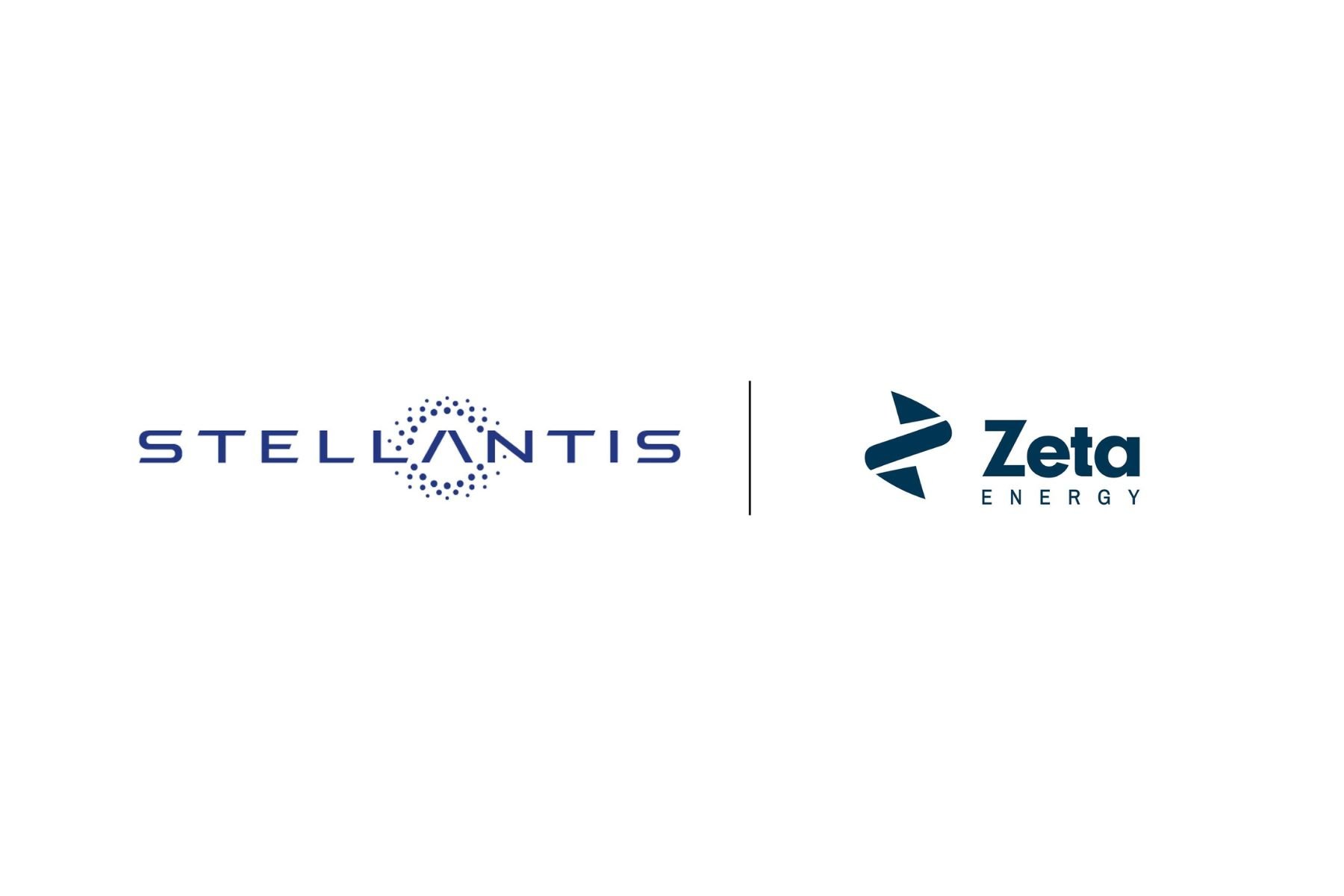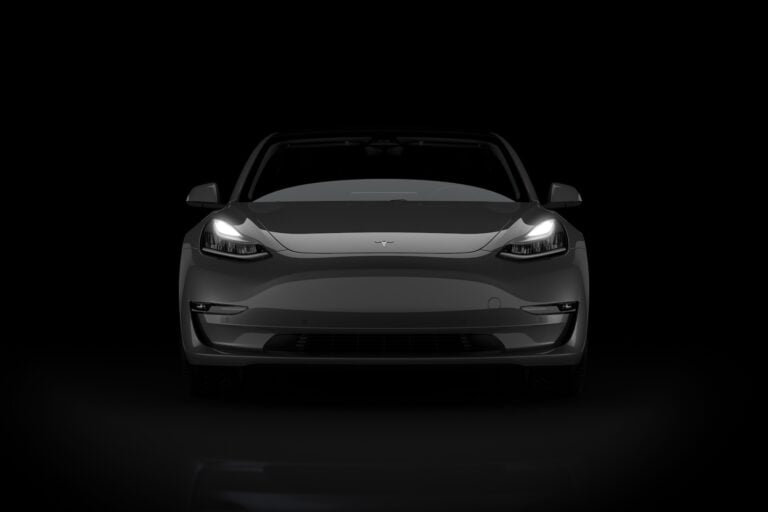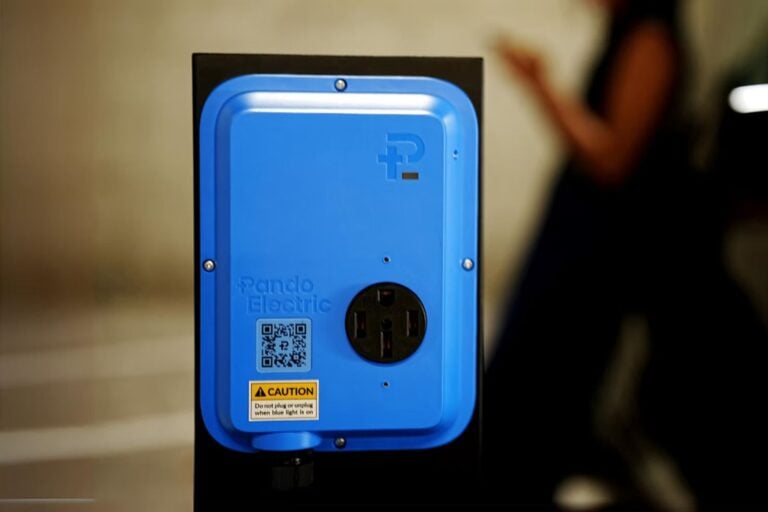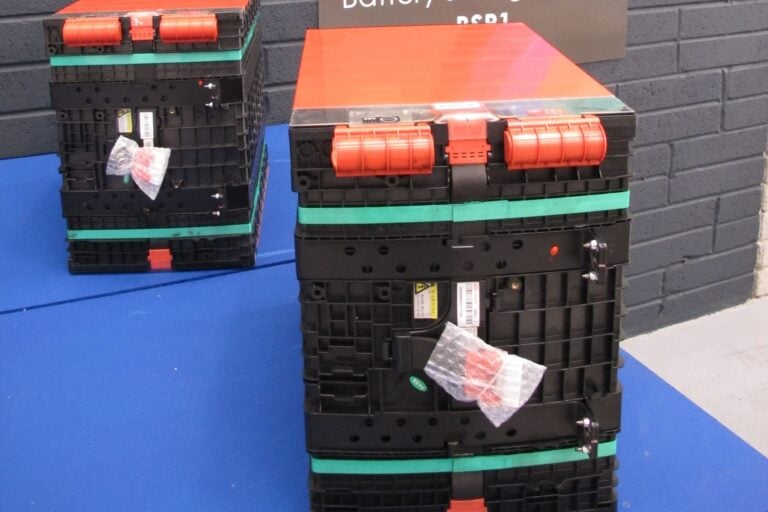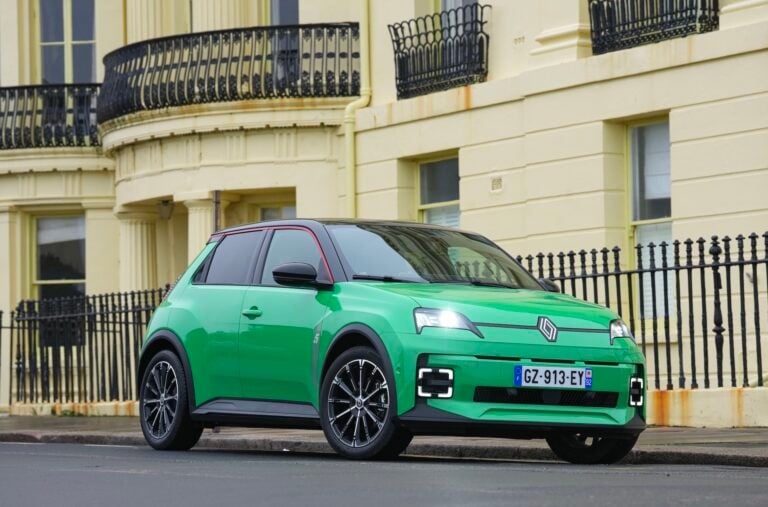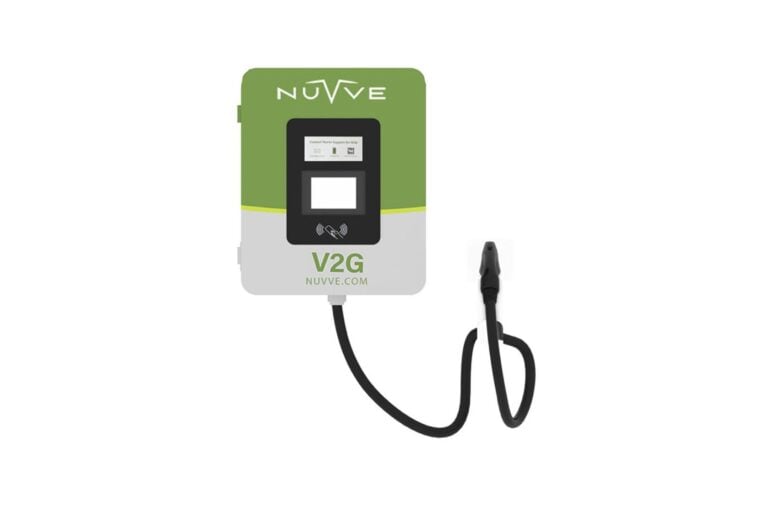Sign up for our popular daily email to catch all the latest EV news!
Stellantis N.V. and Zeta Energy Corp. have entered into a joint development agreement to advance lithium-sulfur battery technology for electric vehicles. This partnership aims to create lighter, cost-effective batteries with enhanced energy density and faster charging capabilities, supporting Stellantis’ commitment to carbon neutrality by 2038. The batteries will leverage waste materials and methane for production, significantly reducing CO2 emissions compared to existing technologies.
Key Highlights:
- Significantly lighter battery pack with comparable usable energy to current lithium-ion technology.
- Fast-charging potential improved by up to 50%, enhancing EV convenience.
- Cost reduction to less than half the price per kWh compared to existing lithium-ion batteries.
- Lower CO2 emissions through the use of waste materials and methane.
- Targeted production by 2030, aligning with Stellantis’ carbon neutrality goals.
Stellantis and Zeta Energy aim to revolutionize battery cell technology for electric vehicles with this collaboration. The lithium-sulfur batteries under development are designed to offer game-changing gravimetric energy density while maintaining a volumetric energy density similar to today’s lithium-ion batteries, but at a significantly reduced weight and cost.
Ned Curic, Stellantis Chief Engineering and Technology Officer, emphasized the importance of the collaboration: “Our collaboration with Zeta Energy is another step in helping advance our electrification strategy as we work to deliver clean, safe, and affordable vehicles. Groundbreaking battery technologies like lithium-sulfur can support Stellantis’ commitment to carbon neutrality by 2038 while ensuring our customers enjoy optimal range, performance, and affordability.”
The joint development agreement includes both pre-production development and a roadmap for future production by 2030. The batteries are intended to be manufacturable within existing gigafactory technology, leveraging a domestic supply chain within Europe or North America to boost supply chain resilience.
Tom Pilette, CEO of Zeta Energy, noted: “We are very excited to be working with Stellantis on this project. The combination of Zeta Energy’s lithium-sulfur battery technology with Stellantis’ unrivaled expertise in innovation, global manufacturing, and distribution can dramatically improve the performance and cost profile of electric vehicles while increasing the supply chain resiliency for batteries and EVs.”
This new battery technology aims to replace costly and scarce materials typically found in lithium-ion batteries. By using widely available sulfur—a byproduct of various industries—the lithium-sulfur batteries are not only more affordable but also reduce supply chain risk. The batteries do not require cobalt, graphite, manganese, or nickel, further enhancing the sustainability and cost-effectiveness of the production process.
The collaboration between Stellantis and Zeta Energy aligns with Stellantis’ Dare Forward 2030 strategic plan, which aims to provide more than 75 battery electric vehicle models and to continue exploring innovative battery cell and pack technologies. This dual-chemistry approach aims to serve a broad range of customers while ensuring the advancement of carbon-neutral mobility.
For more information on Stellantis and their innovative projects, visit www.stellantis.com.
Sign up for our popular daily email to catch all the latest EV news!

